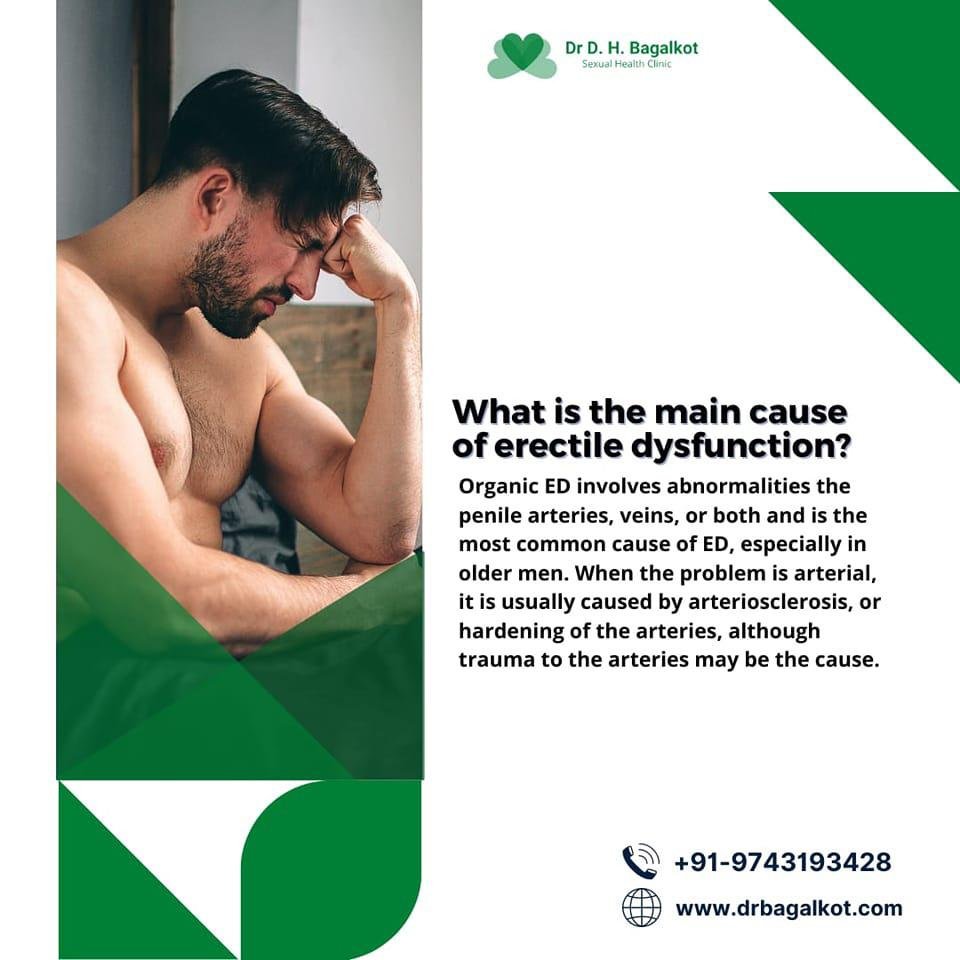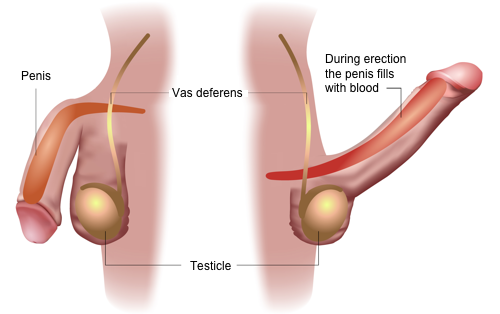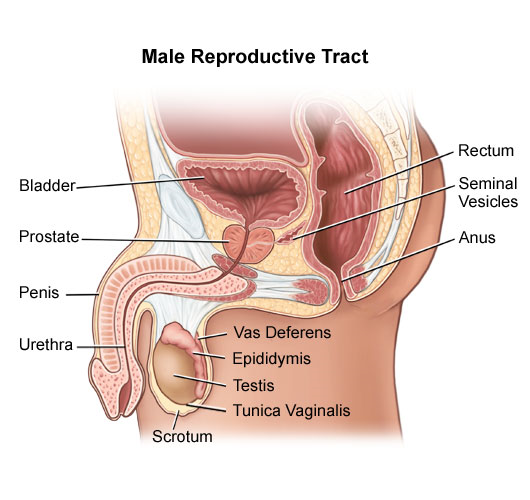Erectile dysfunction

Erectile dysfunction (ED), also known as impotence, is a common sexual health condition that affects millions of men worldwide. It refers to the inability to achieve or maintain an erection firm enough for satisfactory sexual intercourse. While it can be a source of embarrassment or frustration, it’s essential to understand that ED is a treatable condition, and seeking help is the first step toward regaining a healthy and fulfilling sex life..
Stress and anxiety: Performance anxiety, work-related stress, or relationship problems can lead to temporary ED.
Depression: Mental health issues can affect sexual desire and performance.
Low self-esteem: Negative body image or self-confidence issues can contribute to ED.
Physical Factors Cardiovascular issues: Conditions like high blood pressure, atherosclerosis, and heart disease can restrict blood flow to the penis, making it difficult to achieve an erection.

- Prevalence: ED is a relatively common condition, especially among older men. It's estimated that approximately 30 million men in the United States alone experience ED to some degree.
- Risk Factors: Certain risk factors can increase the likelihood of developing ED. These include age, obesity, smoking, excessive alcohol consumption, and a sedentary lifestyle.
- Role of Blood Flow: A key physiological factor in achieving and maintaining an erection is adequate blood flow to the penis. Conditions that affect blood vessel health, such as atherosclerosis, can contribute to ED.
- Psychological Causes: While physical factors are common causes of ED, psychological factors can also play a significant role. Performance anxiety, stress, and relationship problems can lead to or exacerbate ED.
- Treatment Options: In addition to medications like Viagra and Cialis, there are other treatment options for ED, including penile injections, intraurethral suppositories, and penile implants. Lifestyle changes such as improving diet and increasing physical activity can also help.
- Connection to Other Health Issues: ED can sometimes be an early warning sign of underlying health problems, such as cardiovascular disease. It's essential to address the root causes of ED to potentially prevent more significant health issues.
- Effect on Relationships: ED can have a significant impact on a person's self-esteem and can strain intimate relationships. Open communication and support from partners can be crucial in coping with ED.
- Consultation with Healthcare Professionals: If someone is experiencing persistent ED, it's essential to seek the advice of a healthcare professional. They can diagnose the cause and recommend appropriate treatment options.
- Research and Advancements: Ongoing research is continually exploring new treatments and therapies for ED, including regenerative medicine and novel medications.
Remember that ED is a medical condition with various potential causes and effective treatments. Consulting a healthcare provider is crucial for proper diagnosis and management.
Understanding Erectile Dysfunction (ED)

Erectile Dysfunction, commonly referred to as ED, is a prevalent medical condition that affects millions of men worldwide. This condition, characterized by the consistent inability to achieve or maintain an erection sufficient for sexual intercourse, can have a significant impact on a man’s physical and emotional well-being. While it is often associated with aging, ED can be caused by a range of factors, including physical conditions like diabetes and cardiovascular disease, psychological factors such as stress and anxiety, and lifestyle choices like smoking and excessive alcohol consumption.
The Impact Beyond the Bedroom
ED isn’t just a matter of sexual function; it can affect a person’s self-esteem and intimate relationships. Open communication with partners and emotional support are vital in coping with the challenges ED may bring. Moreover, addressing ED may also uncover underlying health issues, making its management essential not only for sexual health but for overall well-being.
Ongoing Research and Hope for the Future
As medical research continues to advance, new treatments and therapies for ED are being explored, offering hope for those who experience this condition. From regenerative medicine to innovative medications, the future holds promising possibilities for individuals dealing with ED.
In conclusion, ED is a complex and treatable condition that requires understanding, compassion, and proper medical care. With the right approach, many individuals can regain their sexual function and overall quality of life.
